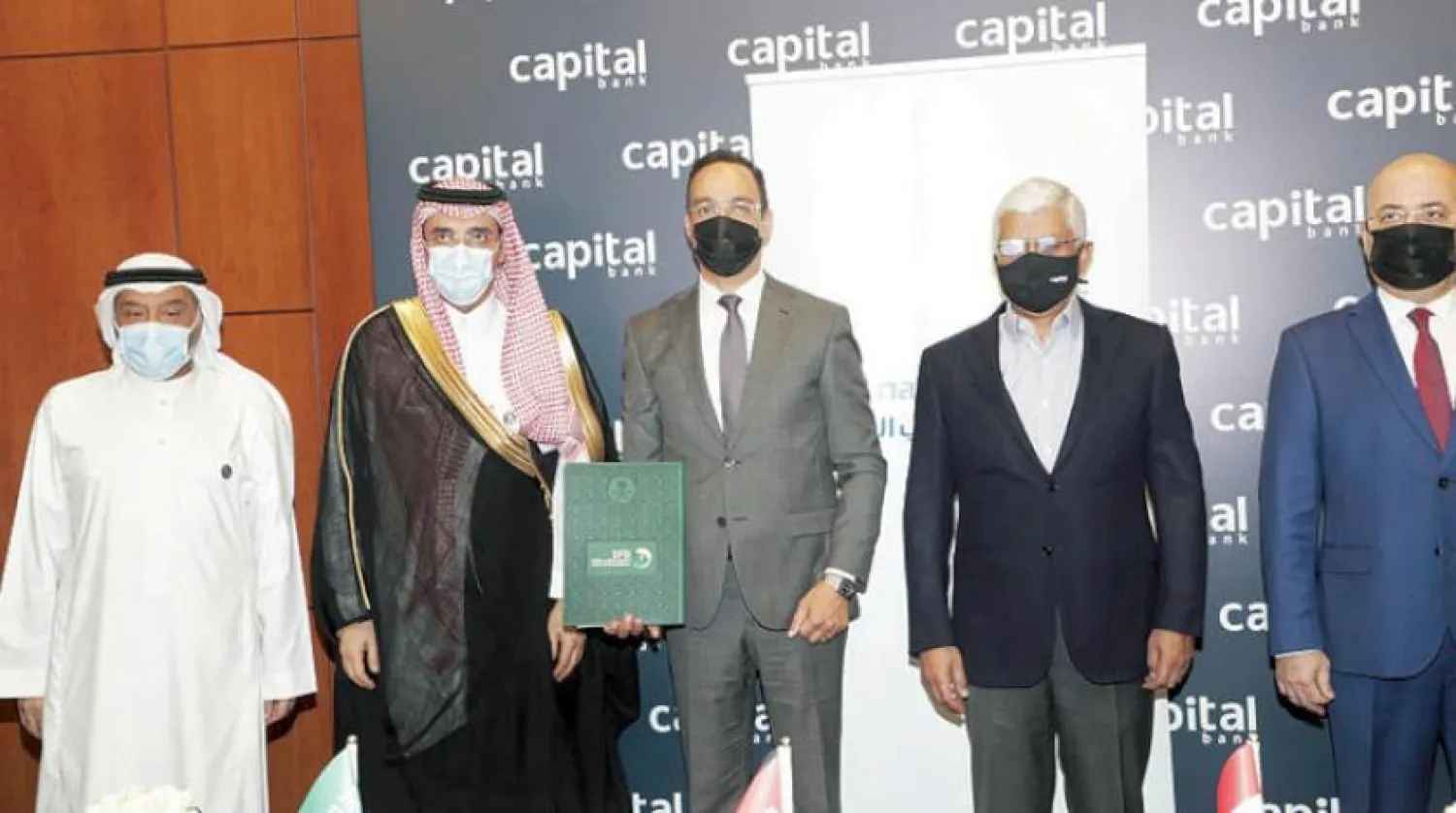The Saudi Fund for Development (SFD) announced signing a finance agreement with the National Bank of Iraq (NBI) to provide SAR37.5 million ($10 million) in credit facilities to Iraqi investors willing to import products and services from Saudi companies.
The agreement aims to bolster bilateral cooperation in various fields and affirm the fraternal ties between the Kingdom and Iraq, said SFD CEO Sultan al-Marshad.
Under the agreement, SFD will grant NBI a revolving line of finance worth $10 million to import various commodities and services with a Saudi origin to clients of the bank from importing companies with a finance percentage of 100 percent of their value and with a repayment period of up to 36 months depending on the type of imports and nature of the process.
“This agreement highlights the brotherly ties between the Kingdom of Saudi Arabia and Iraq, and reflects the two countries’ willingness to enhance cooperation in all fields,” Marshad added.
“This deal is part of what the government of the Kingdom of Saudi Arabia has allocated to support reconstruction and development projects in Iraq with more than $1.5 billion.”
He also stressed that supporting stability in countries seeking to realize sustainable economic and social development is a top priority for SFD.
"The agreement comes in line with the Kingdom’s efforts to diversify its sources of national revenues and increase the volume of non-oil exports of commodities and services of Saudi origin," Marshad said.
This deal will open new markets for Saudi producers and contribute to stimulating the Iraqi commercial and financial sectors.
Notably, Riyadh and Baghdad had signed five agreements in various fields on the sidelines of Iraqi Prime Minister Mustafa al-Kadhimi’s visit to the Saudi Kingdom in April.
These included the establishment of a joint fund, with an estimated capital of $3 billion, as a contribution from the Kingdom to promote investment in Iraq.
Chairman of the board of directors of Capital Bank Group Bassem al-Salem, for his part, said the fund’s role reflects the Kingdom’s historical orientations and its continuous support of joint Arab action and contributes to achieving Arab economic integration.









